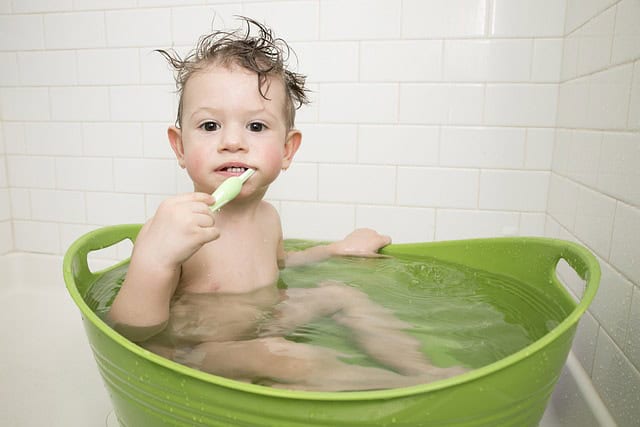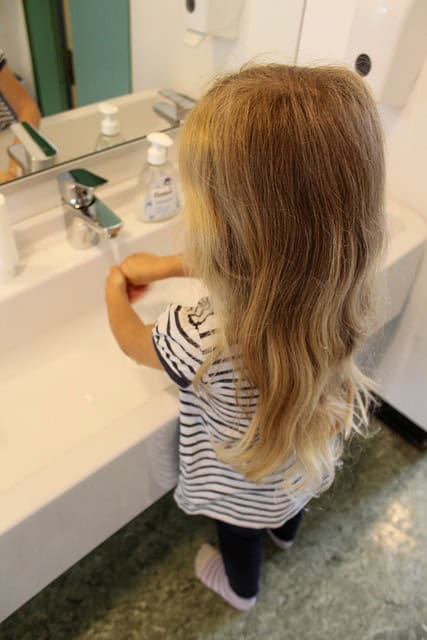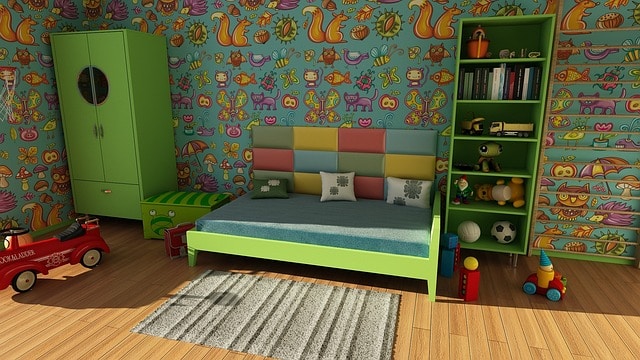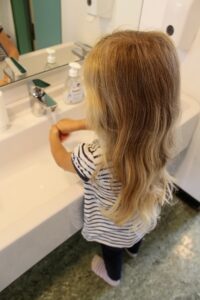Learning to be independent andhygiene is an important step in psychomotor development in children. How to teach your child cleanliness without rushing him or putting too much pressure on him? Here are some tips to support your toddler in this new stage.
Understand your child's pace of development
Each child has a rhythm, a certain maturity different from other children. Don't worry if your child took longer than others to reach the milestones.potty training let alone compare him with other children. Either way, the comparison is never productive.
Each child's pace of development is unique!

Do not force!
The best way to succeed in potty training is to do not force your child. Don't try to teach him before he's ready. The child must be able to understand the process and the importance of this step. Otherwise, he might feel frustrated or anxious.
If your child seems completely uninterested, be patient and try to find activities that attract him and encourage him to be aware of his cleanliness and hygiene.
Pick the right time
It's important to choose the right time to start potty training. The timing may vary from child to child but there are some common factors to consider:
- Is your child active and interested?
- Does he understand what you want to tell him?
- Do you have enough time?
- Do you think your child is ready to learn?
Begin by explaining the importance ofpersonal hygiene and cleanliness and show him how to do it right. Make him understand why it is important to keep his clean room and wash frequently.

Use visual aids
Visual aids can be very helpful in teaching a child to become more independent. You can create progress charts to encourage him to achieve goals and develop his autonomy. For example, you can paste on his board icons representing his daily duties and images associated with hygiene and cleanliness (teething, hand washing, etc.).
These visual aids allow your child to visualize your goals and understand what you expect from him. They also provide him with an easy way to check whether he has completed his tasks. This gives him great satisfaction and motivates him to continue his learning!
Encourage him to participate in the routine
One of the best ways to help a child potty train is to encourage them to participate in routine. Children are very likely to reproduce what they see. So invite him to accompany you in your morning and night routine and show him how you dress, wash your hands and brush your teeth.
Also, you can dress him up on his own and let him choose his clothes. You can also ask him to help you clean his room and put his things away. encourage him to make an effort and congratulate him for his progress.

Stay positive
Encouragement and support are key when teaching your child self-care. try to stay calm and positive and encourage him to take responsibility, this will help him develop and become more independent.
Explain that potty training is an important step that takes a lot of patience and time. Show him you're proud of his progress and encourage him to keep working hard.
Be consistent
Another important aspect is that you are consistent and firm. Make sure he understands what you expect of him and have clear and consistent rules in place. Firm and consistent discipline allows your child to understand what is expected of him and to know what to do and how to do it.
Try to stay responsible and disciplined so your child will have an easier time potty training and adopting a hygienic routine.
Potty training is an essential step in promoting your child's psychomotor development. But remember that each child has their own rhythm and that he should not be forced to learn. With positive encouragement, visual aids, and consistent routines, you can help your child develop good hygiene and potty habits.
